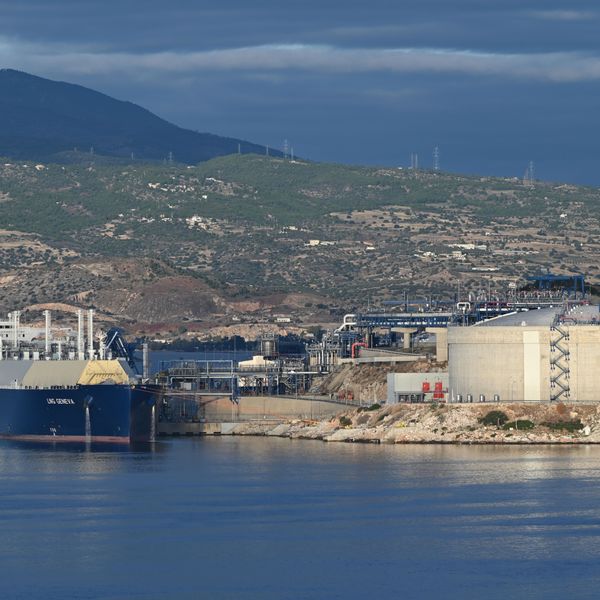Congress took a first step on Wednesday to fast-track a controversial Alberta tar sands pipeline, ordering Barack Obama to reach a decision on the project by 1 November.
The bill, voted through a panel of the house energy and power subcommittee, would compel Obama to over-rule demands for a further review of the project from the Environmental Protection Agency (EPA), and disregard local opposition to the Keystone XL pipeline from landowners along its 1,700-mile route.
Republicans in Congress are planning further action to push ahead on the pipeline next week, environmentalists said.
Senator James Inhofe, the Oklahoma Republican who is the main force among climate change sceptic in Congress, is working on a bill that would repeal a 2007 provision restricing the federal government's use of high-carbon fuels, such as those from the Alberta tar sands.
Between them, the actions are aimed at cutting off growing opposition to the pipeline - before it sinks the project.
The pipeline is intended to pass through Montana, South Dakota, and Nebraska before reaching the refineries on the Gulf coast of Texas.
But a series of pipeline accidents - including the shutdown of the Keystone itself for several days this month because of a leak - have amplified fears about transporting highly corrosive thick crude across the American heartland to the refineries of Texas.
Democrats said the accidents were a powerful reason not to rush to approval. "I don't think it makes any sense to set some kind of arbitrary deadline," said Henry Waxman, the ranking Democrat.
But Republicans said the pipeline was already three years in the planning, and that its construction would end America's reliance on Middle Eastern oil. "It makes perfect sense," said Steve Scalise of Louisiana.
More than 100,000 people wrote to the State Department this month to express their views on the project. Nebraska state legislaters and members of Congress have also written letters of concern.
Meanwhile the EPA issued a letter last week criticising the State Department for failing to fully take into account the risks of a pipeline accident, or of the increase in greenhouse gas emissions resulting from the import of more fossil fuels.
Supporters of the project have been active as well, pushed in part by a new report suggesting the pipeline was running out of time.
The Globe and Mail reported this week that Alberta could run into a glut of oil unless there is a pipeline that can transport its product to new refineries in Texas.
Tony Iallonardo, a spokesman for the National Wildlife Federation, said Wednesday's vote demonstrated Republican control over the house.
"The fossil fuel industry now has the ability to write and pass legislation that defies common sense. With tar sands pipelines bursting frequently in the US, the last thing that should be moving is legislation that would enable future oil disasters in the midwest," Iallonardo said.



